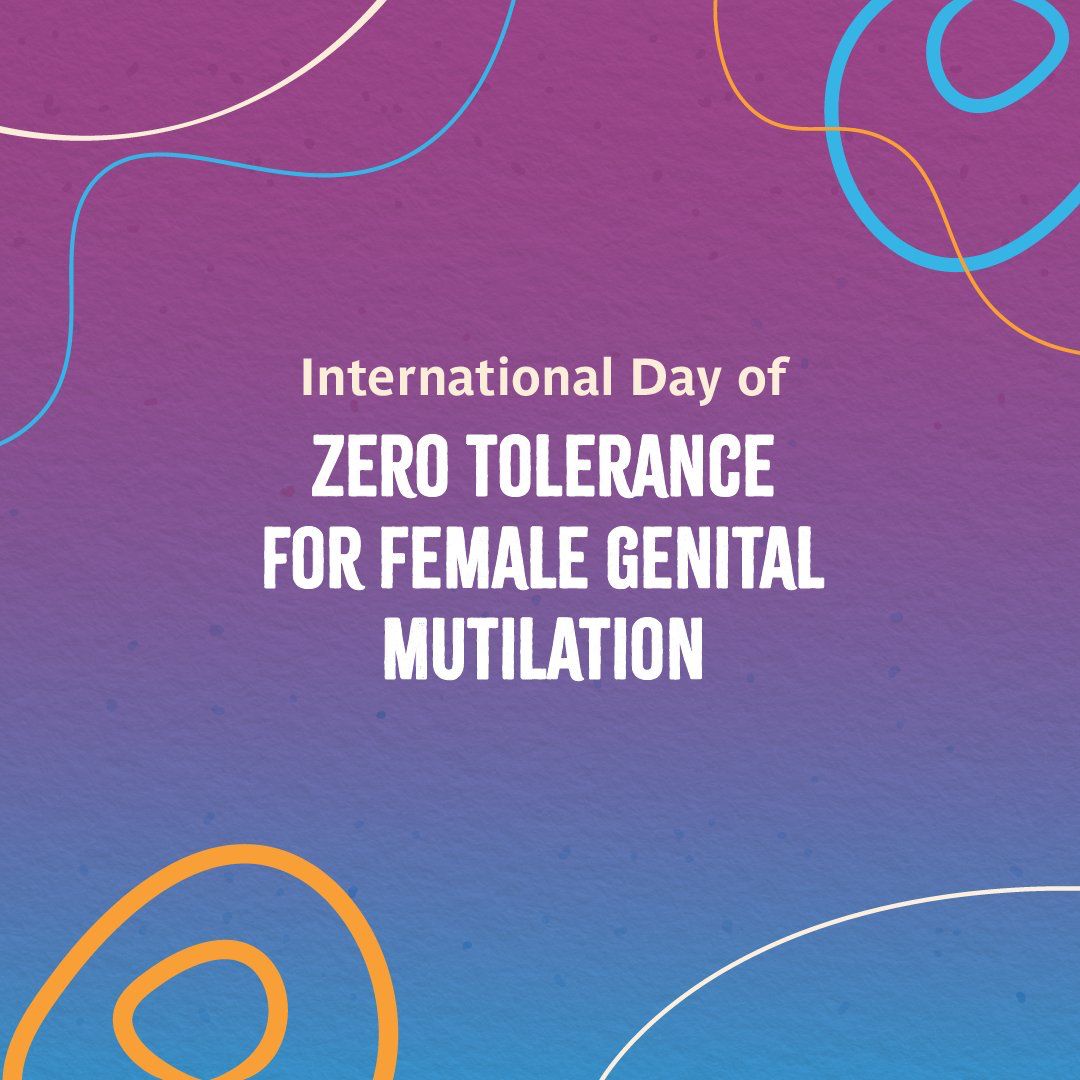
Story by: Ishmael Barfi
As the world marks International Day of Zero Tolerance to Female Genital Mutilation today, February 6, United Nations Population Fund (UNFPA) believes that, engagement of men and boys is crucial in the fight to end female genital mutilation.
To that end, this year’s theme: Partnership with Men and Boys to Transform Social and Gender Norms to End FGM is appropriate in fostering the engagement of men and boys.
With this, the global community can accelerate the elimination of this practice and lift the voices of women and girls.
To that effect, UNFPA through the Ministry of Gender, Children & Social Protection, UN agencies, development partners, traditional and religious leaders, and NGOs is calling on Government of Ghana to partner and engage men and boys to shift unequal power relations and challenge the attitudes and behaviours caused by gender inequality leading to FGM.
Furthermore, change the social norms that perpetuate FGM and to also invest in national and local-level policies to protect the rights of girls and women, including the development of action plan to end FGM.
This according to the United Nations Populations Fund, (UNFPA) in a press release to mark the day will help safeguard the lives of young girls and women in communities where female genital mutilation is high.
This year’s International Day of Zero Tolerance for FGM will be observed by the United Nations Population Fund (UNFPA) and its partners, including the Embassy of Norway in Ghana, with series of activities including a dialogue with men and boys on FGM and a durbar for sensitization of traditional leaders, particularly the male leaders to lead the charge to end FGM at Pusiga in the Upper East Region.
Though girls today are a third less likely to undergo the harmful practice than 30 years ago—there’s much more to be done. Men and boys can be a powerful voice in the call for change.
This is because female genital mutilation rooted in gender inequality limits opportunities for women and girls around the world to exercise their rights and realize their potential.
FGM, which involves the altering or injuring of female genitalia for no medical reason, can cause health complications including severe infection, chronic pain, depression, infertility, and death.
Female Genital mutilation (FGM) is Internationally recognized as a human rights violation, where an estimated 200 million women and girls across the world have undergone some form of FGM.
Irrespective of declines in recent decades, the pace must be 10 times faster to reach the global target of zero incidents by 2030.
At the global level, since 2008, UNFPA and UNICEF have been leading a joint programme to eliminate FGM in 17 countries.
In Ghana, the UNFPA Country Office has worked with the Ministry of Gender, Children & Social Protection, NGOs, traditional authorities, religious leaders, women and advocates to stem the tide of FGM in our communities.
Meanwhile, an estimated $2.4 billion is needed to achieve this goal in 31 priority countries, but only $275 million is expected to be spent—a resource gap of about $2.1 billion.
With eight years remaining in this decade of action, partnerships with men and boys can play a crucial role in eliminating the practice, transforming deeply rooted social and gender norms and allowing girls and women to realize their rights and potential in terms of health, education, income, and equality.
Such initiatives have already resulted in a surge of male allies, including religious and traditional leaders, health workers, law enforcement officials, members of civil society, and grassroots organizations, leading to notable achievements in the protection of women and girls.
Partnerships with men and boys can make the largest global impact in ending FGM by 2030.
United Nations Population Fund (UNFPA) in the release reiterated the urgent need for more concerted efforts and investments to eliminate the harmful practice of FGM.
“We need men and boys to create safe environment for women and girls to live free of FGM including raising awareness about FGM.
In addition, “reporting cases of FGM, speaking up against the social norm that perpetuate FGM, and in supporting their sisters and daughters not to undergo FGM. We can all do our parts to protect the millions of girls and women at risk of FGM”.
International Day of Zero Tolerance for Female Genital Mutilation is a United Nations-sponsored annual awareness day that takes place on February 6 as part of the UN’s efforts to eradicate female genital mutilation. It was first introduced in 2003.
UNFPA is the United Nations sexual and reproductive health agency. Our mission is to deliver a world where every pregnancy is wanted, every childbirth is safe and every young person’s potential is fulfilled
Source: www.thenewindependentonline.com








